Why We Grind Our Teeth When We Sleep, and How to Stop
Teeth grinding while sleeping, clinically known as eccentric bruxism, is an involuntary disorder that leads a person to clench and move the jaw back and forth, causing an intense sound. If not treated in time, this problem can have serious consequences, such as loose or fractured teeth.
5-Minute Crafts has prepared this article to explain some of its most important characteristics.
What causes bruxism
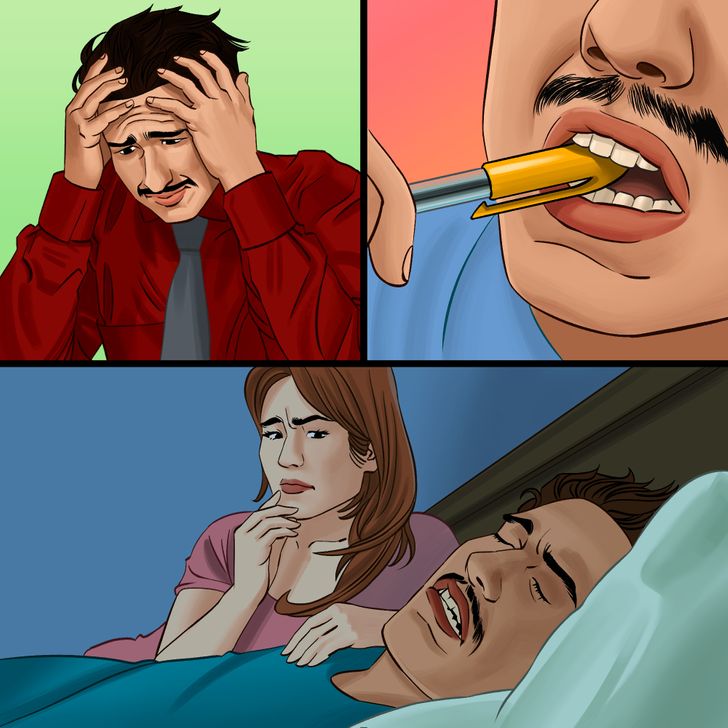
- While many factors play a role, the main causes of bruxism are stress and anxiety. Muscular activity triggered by these things tends to place the joints in such a way that you end up rubbing and clenching your teeth together. This can generate very intense noises, capable of waking up those sleeping in the same room.
- Other causes of bruxism may be associated with a malfunction in the jaw joint. This is due to a bad bite or irregular contact between the upper and lower teeth, which can be a consequence of habits like chewing gum or constantly biting hard items, such as pencils.
Main symptoms
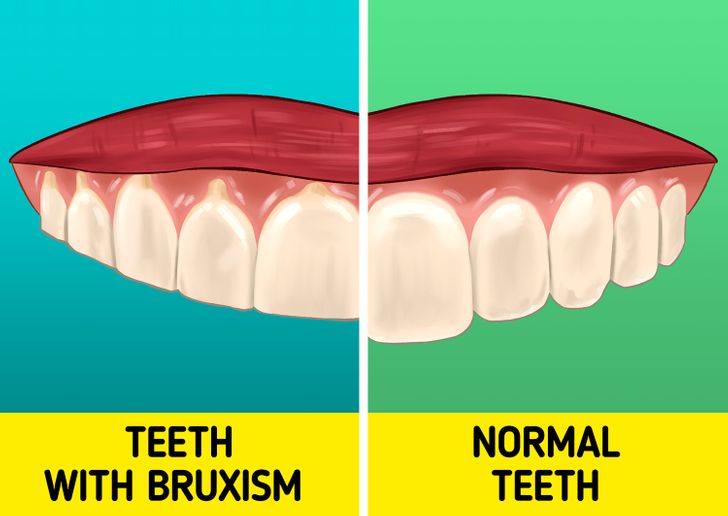
Bruxism can often be a difficult disorder to diagnose. However, there are some symptoms that give it away, such as:
- Pain in the facial or neck muscles
- Flattened, fractured, or loose teeth
- Worn tooth enamel
- Headaches
- Increased tooth sensitivity
It’s interesting to note that some people may not have symptoms, so it’s always recommended to have a dental check-up with a specialist on a regular basis. This will help identify signs that are difficult to see with the naked eye.
Treatment
1. Go to the dentist.
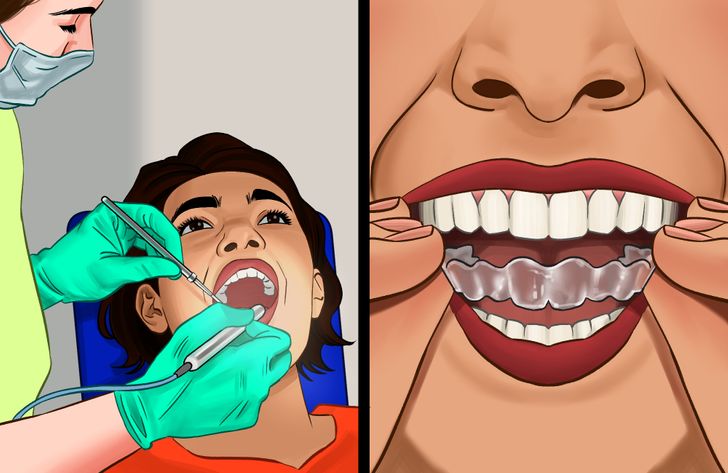
- It’s important that if you have any symptoms or suspicion of bruxism, you should consult a specialist. Although some people may not require treatment, this disorder can be intense enough to cause jaw problems, gum damage, and serious tooth fractures.
- In some cases, it will be necessary to use a custom-fitted guard or relaxation plate. This plate protects the teeth and prevents friction between the upper and lower teeth. Although it does not stop the grinding itself, it can help relieve pain and mitigate wear and tear.
2. Reduce stress and improve sleep quality.
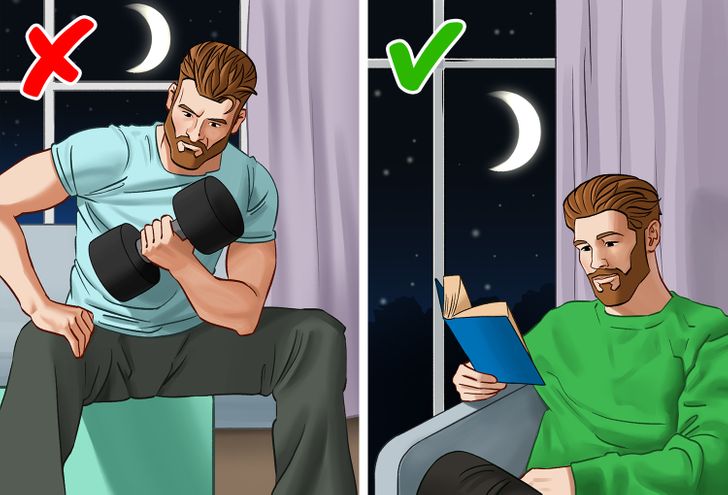
Since stress can be the main cause of bruxism, it’s important to take some measures to reduce it and enjoy deep, restful sleep. To do so:
- Rub your wrists with some cold water.
- Find something relaxing to do 30 to 60 minutes before bed that will aid your sleep.
- Exercise regularly and take quick walks around the block whenever you feel overwhelmed.
- Create a pleasant and quiet environment somewhere in your house.
- Eat a spoonful of honey since it will help your brain decompress.
3. Soothe and avoid discomfort.
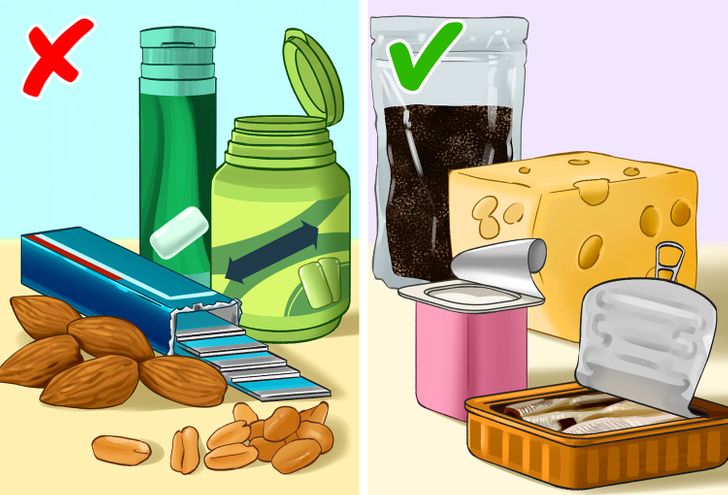
To help reduce pain caused by this disorder and avoid the factors that may worsen it, it’s recommended to the following: